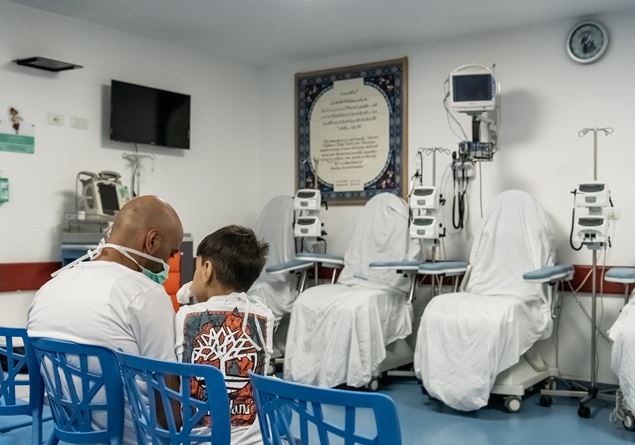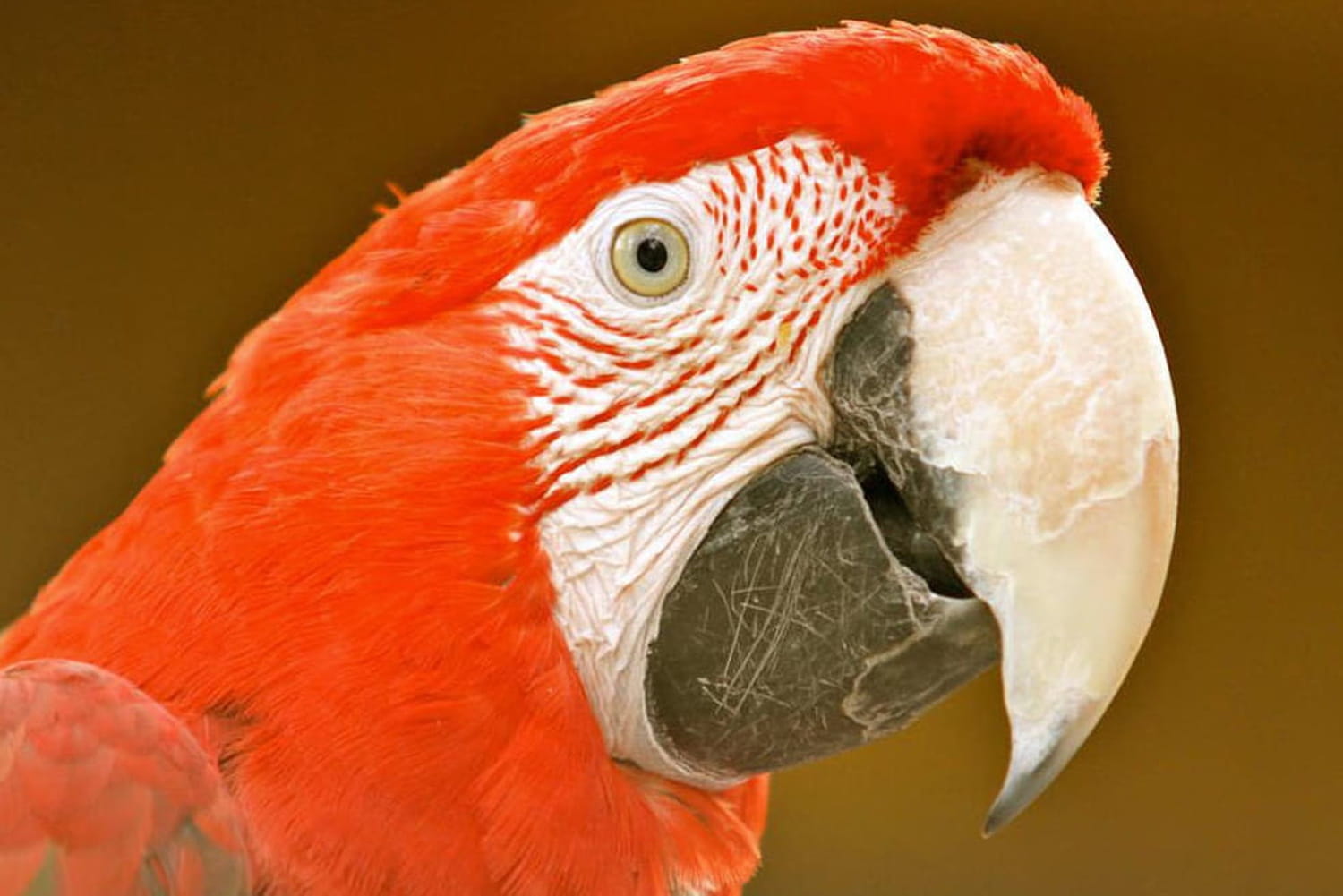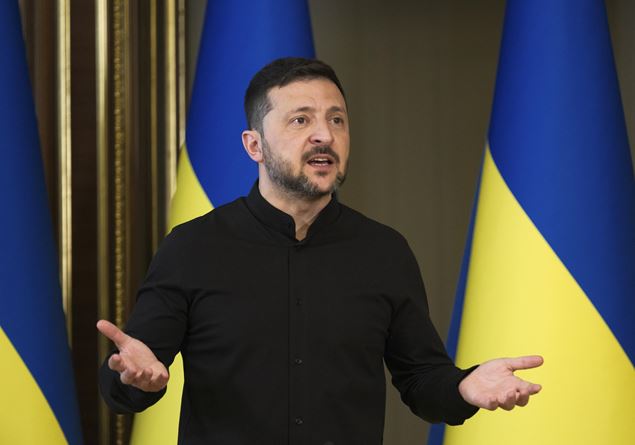The largest exchange of prisoners of war since Russian aggression began in Ukraine on February 24, 2022. It began today, May 23, and provides for the return home of 1000 prisoners on the Russian side and 1000 on several days and 1000 from the Ukrainian side, Based on an agreement signed on May 16 in Istanbul, where the delegations of Kyiv and Moscow met for the first direct interviews between the two countries since 2022.
The last exchange provided only soldiers, but Ukrainian President Zelensky said that Kyiv is working on the liberation and return from captivity to Russia also of journalists and political prisoners. In the exchanges of prisoners, a fundamental role, as a mediator and facilitator, is played by the Vatican, as they recalled, in their respective meetings with Pope Leo XIV, President Zelensky and the head of the Greek-Catholic Church Ukrainian the Archbishop Viatoslav Shevchuk. Three days ago the president of the National Union of Ukrainian journalists, Serhii Tomilenko, handed over to the apostolic nuncio of the Holy See in Kyiv, Monsignor Visvaldas Kulbokas, a list of communication operators held in Russia. According to the Union data, the Ukrainian journalists currently prisoners are at least 31.
As the Ukrainian newspaper points out Kyiv Independentwhile the negotiations for the ceasefire and the path to peace are in limbo, The exchanges of prisoners remain one of the rare areas in which cooperation between Russia and Ukraine has continued to move forward (and the agreement for the maxi-scambio was the only real result, concrete obtained in Istanbul). Moscow braked on the possibility of keeping peace negotiations in the Vatican, an offer made by Pope Leone XIV. Russian Foreign Minister Serghei Lavrov judged unrealistic that the Russian and Ukrainian delegations meet at the Holy See. “It is not elegant that Orthodox countries discuss in a Catholic headquarters of the issues relating to the elimination of the fundamental causes” of the conflict, said Lavrov, adding that among these causes there would be “the path of destruction of the Ukrainian Orthodox Church” by the Kyiv authorities. “I think it would not be easy for the Vatican himself to receive delegations from two Orthodox countries in these conditions,” concluded the Foreign Minister.
Kyiv has banned the Ukrainian Orthodox Church linked to the patriarchate of Moscow in reality as a result of Russian invasion and war, in August 2024, with The bill n. 8371 “on the protection of the constitutional order in the field of activities of religious organizations”, Signed by President Zelensky, who prohibits the activity of “religious organizations affiliated to Russia in Ukraine” with specific reference to the activities of the Russian Orthodox Church. A measure that was strongly criticized by Pope Francis with an appeal not to abolish any Christian Church directly or indirectly.
On the next steps towards a negotiation with Kyiv, the Kremlin says that there are still no agreements and decisions. While Zelensky, already on the eve of the talks in Turkey, declared himself ready for direct diplomatic contacts and reiterated that he was available to participate in any format for peace, Moscow for his part postpones, awaits, takes time. Meanwhile, refuse the fire, continuing to keep the tension high and to attack the Ukrainian territory massively and extended, from Odesa to Zaporizhzia, from Kherson to Pokrovsk, in the Donetsk region, from Kupiansk, in the Kharkiv Oblast, to the Poltava region.
(Photo Ansa: Ukrainian President Volodymyr Zelensky)








